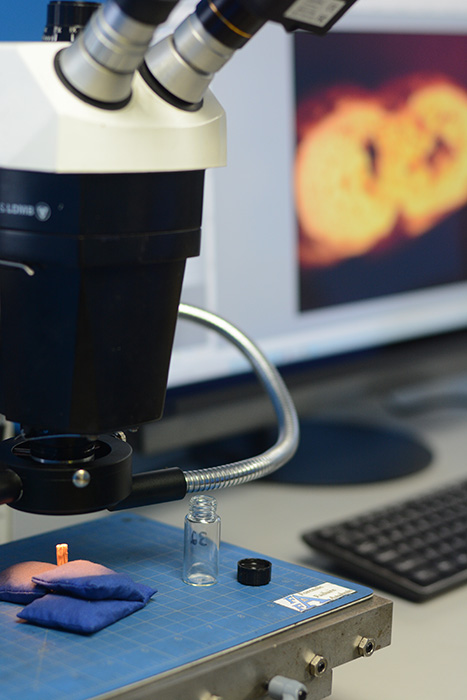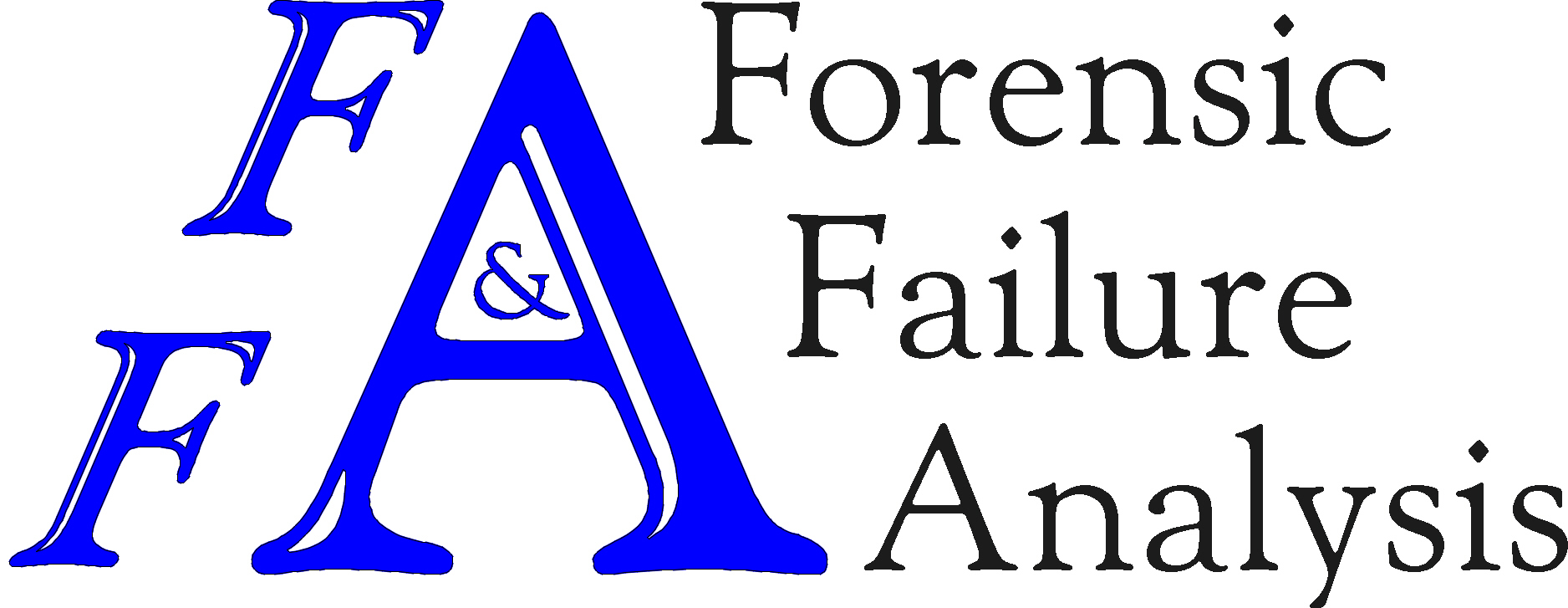Careers in Forensics
Careers in Forensics FAQ
The team at Forensic & Failure Analysis gets many inquiries regarding exactly how one embarks on a career in forensic engineering investigation and consulting.
Below are answers to the most commonly received questions about “how to do what we do,” plus a few additional questions we think are worth asking!
If you have any questions about forensic sciences or forensic and failure engineering, investigation, or consulting… please contact us.
1. What are the major forensic sciences?
You can pursue work in forensics in any field, although they are typically under the guise of law enforcement (DNA, materials testing, etc).
Any specialty that may have specialized knowledge that can be used in a court of law to help a judge or jury to understand a complex concept can be used in forensics. For example:
- Forensic entomologist
- Forensic accountant
- Forensic nurse (often used in rape cases)
- Forensic pathologist
- Forensic engineer
- Forensic scientist
- Forensic material scientist
- Forensic analyst
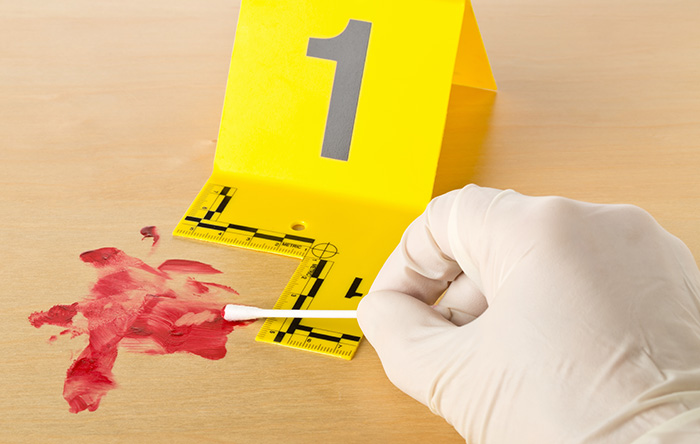
2. If I have an interest in forensic science, what goals should I be setting?
Three major goals are getting as much education, training, and experience in the specialized field as possible. Study to get an education in math, science, general research, and writing.
It is not mandatory to start a career in forensics right after the completion of post-secondary school. Work (and learn) under masters in your field for 10-15 years. You will need the crucial time to understand the fine detail and minutia of the field(s) you are investigating. So, if you are doing DNA forensics you need to “know DNA.” If you are investigating light fixture failures, you need to have an excellent knowledge of luminary devices.
In addition, participating in trade organizations and maintaining a clean professional and personal track record is very important… more on this later!
3. What are the minimum education requirements for a career in the forensic sciences?
Beyond the minimum, what educational courses are recommended? What certifications or credentials are required?
Typically, a BS or MS in the area of occupation is needed. Plus, a certification should be obtained, such as a professional engineering license for an engineer.
The specificities of the recommended education credentials, however, depend on the area or discipline.
For a medical person, it may require an MD, For lab heads – a Ph.D. (though this is not universal).
Remember, experience is crucial. Experienced professionals with 40 years of experience and no formal education can provide excellent analyses yet early-career Ph.D.s can miss the mark entirely.
Also, learn to write. Few are born knowing how to write, but a well-written report is very important. This requires practice and often training.
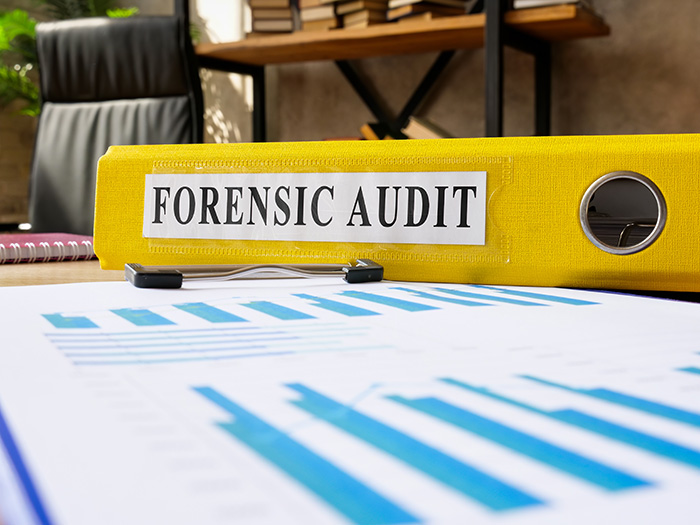
When it comes time for trial testifying, the forensic sciences are highly dictated by what the courts have required. The courts have determined that in order to be qualified to testify as an expert, you have to show that you have specialized knowledge due to the combination of your education, training, and experience to be sanctioned as an expert in the field that you will be providing an opinion.
In addition to their acumen for delivery trial testimony, the expert’s entire background both professionally and socially can come into question.
Experts will undergo a “voir dire” prior to giving testimony in order to qualify in the field that they are testifying to. A voir dire is a line of questioning that will provide the court with enough information to verify that you as an expert in the field have specialized knowledge by both your education and experience as to assist the court in making a decision as it relates to the case.
The court may also assess if the expert has properly utilized the scientific method in any scientific testimony that the expert gives.
4. Do I need to narrow down to a speciality within the forensic sciences? Can I be a jack/jill of all trades?
Few people start and end their career on the path they expected. Life presents opportunities and experiences that one could never have predicted. Often a less interesting job could morph into amazing experiences. In forensics, EVERYTHING you learn becomes useful.
It is generally regarded that an expert will be specialized in a particular field. With that being said it is possible that an expert may qualify in two closely related fields that “cross over” each other in the normal function of investigating one field or the other.
On the other hand, specialization can leave a person vulnerable to change. There is nothing wrong with being a generalist who knows their limits. Just beware of “stretching” qualifications of an expert in another field if you are a generalist.
5. How do I engage in “hands-on, on-the-job training” while pursuing my studies?
Do college programs offer job shadowing with forensic analysis agencies? Should I contact these agencies/law enforcement agencies with crime labs, etc. directly to pursue shadowing opportunities?
Forensics and failure analysis is a broad field. In engineering, manufacturing, and quality, these often have failures that must be addressed. These tasks are often highly stressful. The reward is the experience gained, and many private companies may hire a student demonstrating impressive qualifications or acumen right when the student graduates college, or shortly after.
Given the high-profile role of forensics public entities and the discrection involved in handling criminal matters, it is likely harder to get work experience until graduation. Occasionally, government internship opportunities will arise, but they will likely be unpaid. The key to these opportunities is networking.
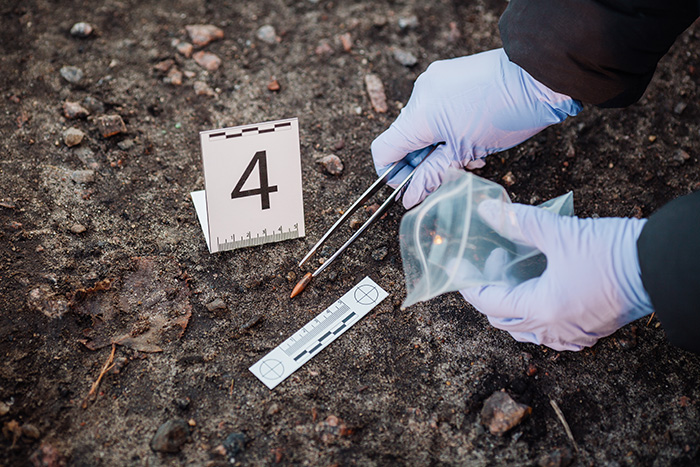
6. What agencies/clubs/fraternities/career networking organizations are worth patronizing in (if any) that may aid in a career?
This is highly dependent on which forensic science you are specializing in. Look for professional organizations in the specialized industry such as:
Fire Investigation:
- International Association of Arson Investigators
- NYS Chapter of IAAI
- National Association of Fire Investigators
Engineering Forensics:
General Forensics:
7. Outside of book learning, what “life skills” are necessary for a career in the forensic sciences?
- A good forensic analyst in any specialty will have a natural ability to perceive data that may be difficult for others to see.
- They will have an inquisitive mind – there is a need to know “why.” Every case, every day.
- Have determination with a high drive to not give up on any task. You must want to create order from chaos, to put all the parts together and have everything fit without forcing it.
- Learn to harness your focus. Forensics on a day to day time frame is tedious and time-consuming. It can be physically demanding and almost always mentally demanding. Typically, you only have one shot to get everything right.
- A huge part of forensics is that you are a subject matter expert. Learn to write, for if you can’t explain your hypotheses, all your knowledge is for naught.
